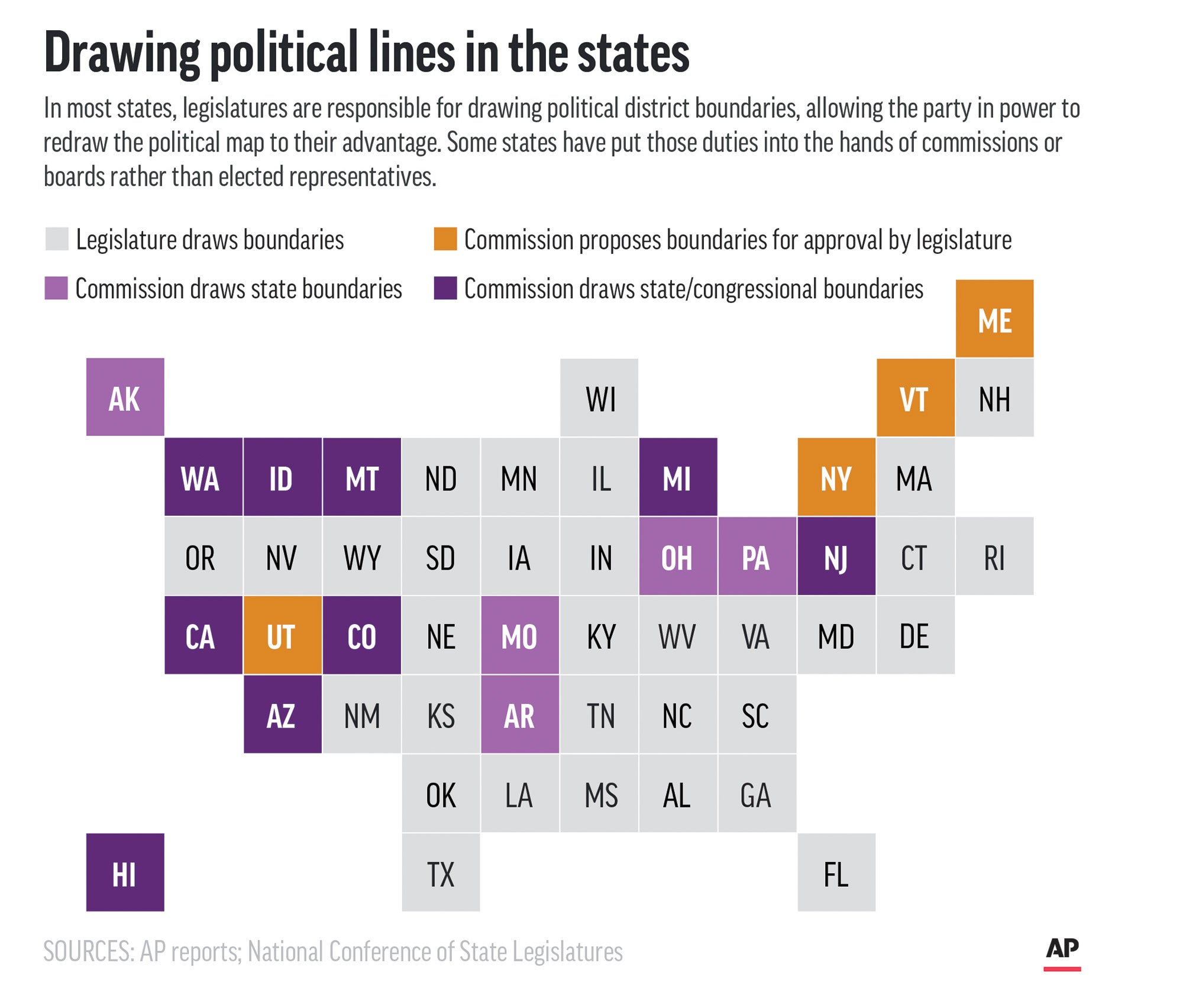Will voting in a non-battleground state make a difference?
How does my vote matter if I don't live in a presidential battleground state

Your support helps us to tell the story
From reproductive rights to climate change to Big Tech, The Independent is on the ground when the story is developing. Whether it's investigating the financials of Elon Musk's pro-Trump PAC or producing our latest documentary, 'The A Word', which shines a light on the American women fighting for reproductive rights, we know how important it is to parse out the facts from the messaging.
At such a critical moment in US history, we need reporters on the ground. Your donation allows us to keep sending journalists to speak to both sides of the story.
The Independent is trusted by Americans across the entire political spectrum. And unlike many other quality news outlets, we choose not to lock Americans out of our reporting and analysis with paywalls. We believe quality journalism should be available to everyone, paid for by those who can afford it.
Your support makes all the difference.HOW DOES MY VOTE MATTER IF I DON'T LIVE IN A PRESIDENTIAL BATTLEGROUND STATE?
There are still plenty of other races where your vote makes a difference. In fact, voters in almost every state will have a chance to influence both national and local decisions through down-ballot races.
Voters in two-thirds of the states will be a electing a U.S. senator. Each one of those races matters for control of the chamber, because Republicans currently hold only a slim majority of 53 of the 100 seats.
The importance of controlling the Senate is evident in the confirmation hearings for President Donald Trump's nominee to the U.S. Supreme Court, Amy Coney Barrett. Because they control the Senate, Republicans are pressing to quickly confirm the conservative jurist. She would replace the late liberal icon, Ruth Bader Ginsberg, and Democrats are virtually powerless to stop it.
Voters in 11 states also will be electing governors, who will shape the state's response to the coronavirus pandemic and other contentious issues, including abortion, crime, climate change and racial inequalities.
And voters in almost all states will be electing state lawmakers who will determine spending for such things as public schools and colleges, infrastructure and health care for low-income residents.
This year's legislative elections are even more important than usual. That's because they are the last before new round of redistricting based on the results of the 2020 census. There are more than 5,000 legislative races in 35 states where the winners will have a role in redrawing U.S. House and state legislative districts for the next decade. How they draw those voting districts could determine which party has an advantage in future elections, and thus which policies are pursued.
___
This story is part of a new series from the AP dedicated to answering commonly asked questions from our audience about the 2020 U.S. presidential election. Submit your questions at: Vision2020@AP.org.